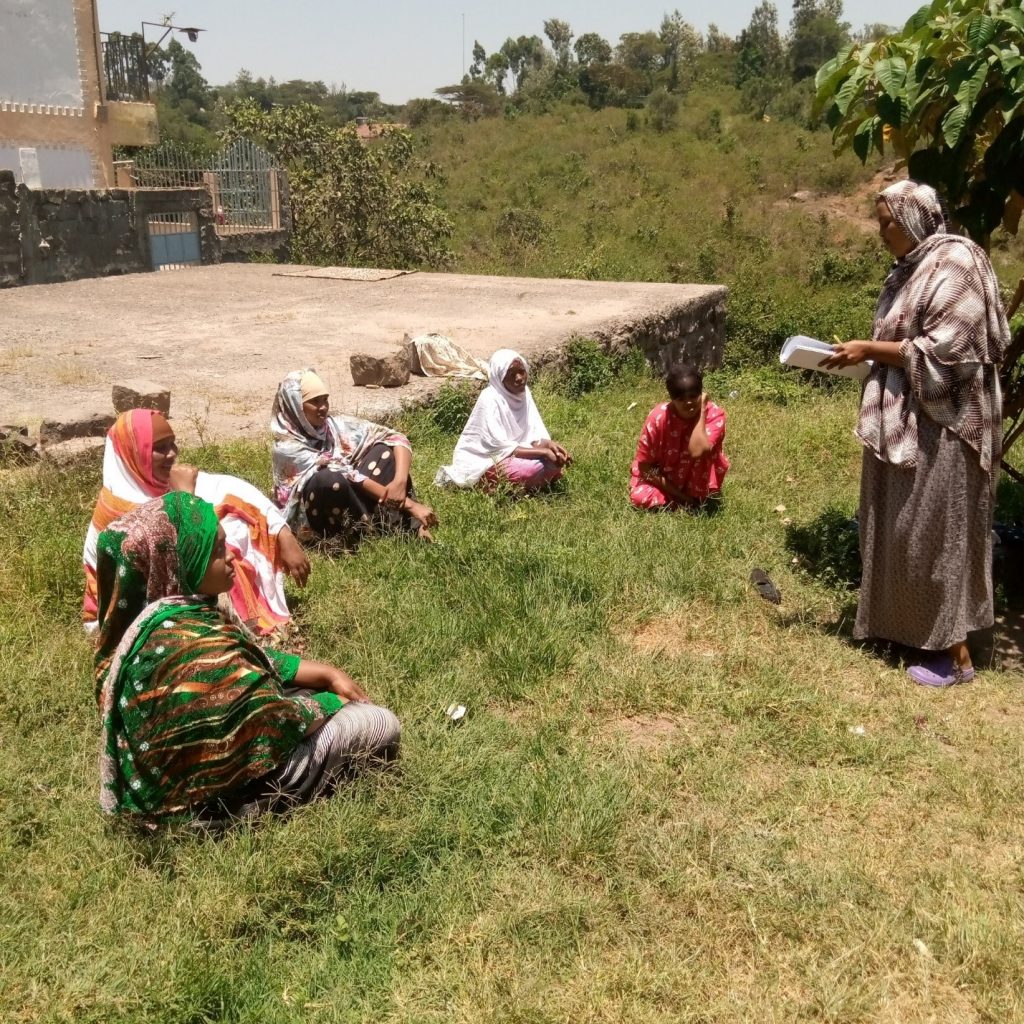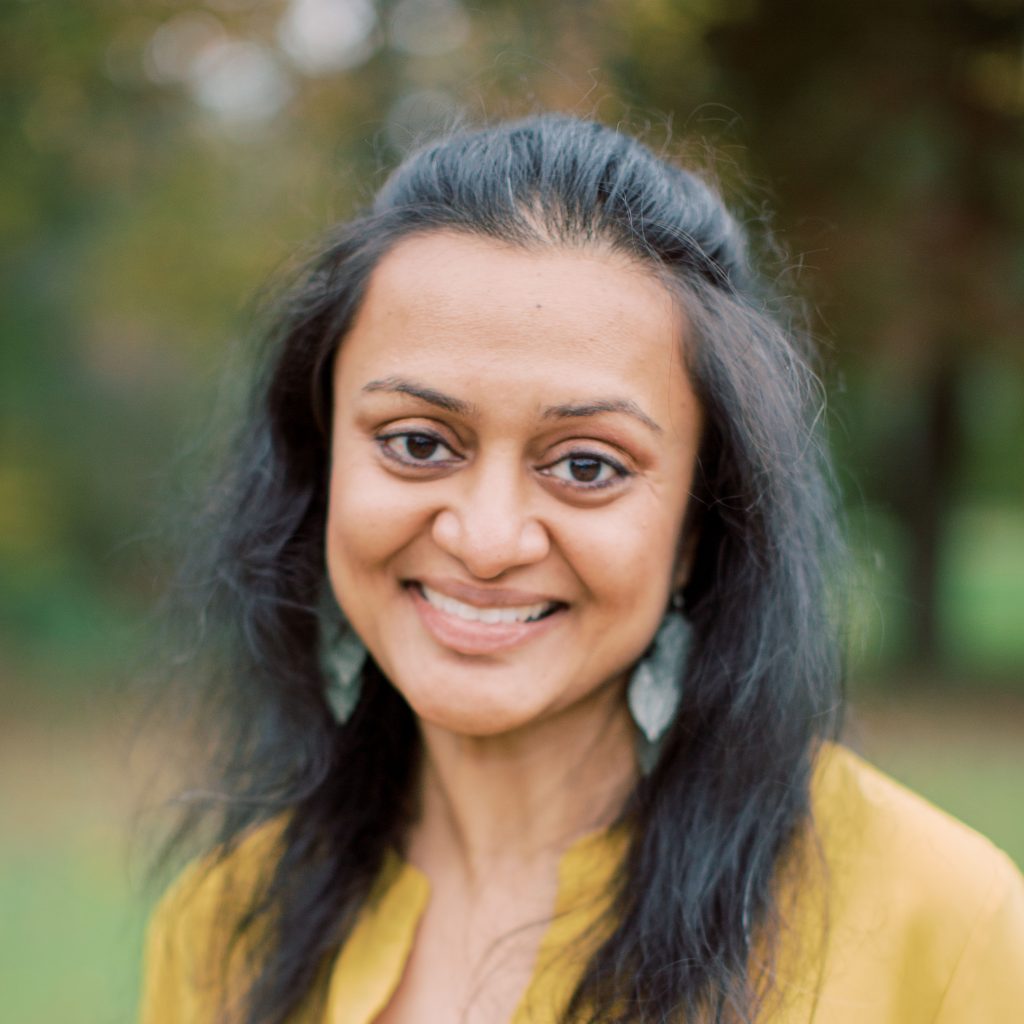“One transformed woman is the start point for the change to other women of this community.” – Rehema Mohammed
Reproductive health is often viewed as a taboo topic in many communities across the globe. And yet, working with key influencers within a community can enhance a woman’s understanding of reproductive health and can lead to flourishing communities.
World Relief is partnering with communities to contribute to the reduction of maternal and child mortality through the SCOPE project. Today, Devina Shah, Senior Technical Advisor, shares more about the project and how it’s enabling World Relief to go further, connecting more women and children to quality health care.
As we look forward to International Women’s Day on March 8th and Women’s History Month, we’re committed to partnering with women through health education and leadership development and creating lasting change for generations to come.
Can you start by telling us a bit about your background and why you are passionate about this project?
I have been interested in healthcare from a young age. I was born and raised in Kenya where access to medical care can be limited. I was 14 when my dad passed away unexpectedly from a heart attack. Due to a lack of ambulatory care, we couldn’t get him to the hospital in time. That early formative experience was foundational to my understanding of health inequities and accessibility to medical care — I began to understand that access to health care (a basic human right) was highly dependent on geography and socio-economic status. I wanted to work to change that.
After my family moved to the U.S., I went to college and studied Biology with the dream of going to medical school. Along the way, I learned about public health and decided to get my Master’s in Public Health instead. I really became enthralled in the work. After about a decade of working on global maternal-child public health programs in a variety of settings, I went back to school to get a degree in nursing. I spent time on the Labor & Delivery floor, assisting midwives and OB-GYNs with deliveries, before coming back to global public health. I now work as a birth doula a few times a year, supporting women with hospital-based births and providing prenatal and postpartum support.
For me, the SCOPE project really brings together all of my passions from both clinical and public health settings to ensuring women and children in remote parts of the world have equitable access to quality health services.
That’s amazing. So, what is SCOPE and why is it so important?
SCOPE stands for Strengthening Community Health Outcomes through Positive Engagement. It’s a five-year project funded through USAID. In Haiti, Kenya, Malawi and South Sudan, 170,000 maternal and child deaths occur annually. The SCOPE project is addressing this problem by contributing to the reduction of preventable maternal and child deaths and illnesses.
SCOPE is filling an important need because community health is a critical part of the primary care continuum to address people’s health needs. Extending preventive, promotive and curative health services into communities is critical to ensuring access to high-quality primary care.
How exactly is the SCOPE project utilizing World Relief’s existing model of community-based outreach?
Much of World Relief’s work is done in partnership with local faith and community leaders. Through the SCOPE project, we work through community groups such as Care Groups, Men’s Groups and Couple’s Groups to bring people together to disseminate evidence-based information around reproductive, maternal, newborn and child health.
We also train faith leaders who are influential actors within their respective communities to pass on the same messages. Lastly, we strengthen the capacity of community health workers, like Rehema, on effective counseling and provision of services within their respective communities.
Rehema is a SCOPE-supported Community Health Worker and Care Group volunteer in Kajiado, Kenya. Reproductive health and family planning have long been taboo topics in her community. But, as a young mother who holds a diploma in community and social development, Rehema has become a trusted voice in her community. After receiving training from World Relief’s SCOPE project, Rehema began mobilizing women to share key lessons on maternal and child health. Now, these women are further mobilizing other women in their neighborhood to share what they’ve learned.

This project launched in 2019. Did COVID-19 affect any of our planned programs?
Yes. COVID-19 did delay some of our activities. But we were able to pivot and find alternative ways to implement our planned programs by hosting meetings outdoors, limiting training class sizes, ensuring physical distancing, etc. We were also easily able to incorporate COVID-19 preventative messages into our existing programs, and thereby contribute towards flattening the pandemic curve in the geographic areas where we work. Because World Relief is a community-based organization, which hires local staff on the ground, we could reach people in remote hard-to-reach areas with key messages around COVID prevention.
If you could only share one thing about this project to get people excited, what would it be?
As a mom, I always remind myself of the individual woman giving birth in her village. As I nurse my own 16-month old baby, I think of the mama who is nursing her infant. I think of the family being worried that their child is sick or not growing well. Or of the couple who is wondering how to prevent the next pregnancy so they can focus on their current family. These realities and worries are not unique to families in the U.S. These worries are universal.
World Relief is doing amazing community-health work, going into communities that other organizations aren’t reaching. This type of last-mile, grassroots work is hard. Community-based work in rural, hard-to-reach communities requires ingenuity, locally-led solutions and teams that persevere and work hard in circumstances and terrain that are often challenging. By establishing long-term partnerships with local faith communities and local leaders, World Relief is able to engender real lasting change for mothers and their children. We invite you to come alongside us to learn more about what SCOPE is doing, and how you can partner with us!

Devina Shah, MPH, RN is a Senior Technical Advisor at World Relief serving as the technical lead on a four-country USAID-funded RMNCH project. With a focus on family planning and maternal and child health programs, Devina’s 15-year career in global health has included a variety of settings both international and U.S. Devina graduated with MPH from Boston University School Public Health, B.S. in Biology from the University of Florida, and a BSN (Nursing) from George Mason University. She grew up in Mombasa, Kenya and is fluent in four languages: Swahili, English, Gujarati and Hindi. Her most important job is wife to her kind/gentle giant of a husband, and mom to 4-year-old and 16-month daughters – all of whom teach her new things every day!

Rachel Clair is a Content Manager at World Relief. Alongside an amazing team of marketing colleagues, she manages the curation and creation of written and multi-media content for World Relief’s global platforms. With more than 10 years of experience creating content for churches and non-profits, she is passionate about developing content that challenges both individuals and communities to lean into all of whom God created them to be. She holds a BFA from Stephens College and is currently pursuing a certificate in a Spiritual Formation at the Transforming Center in Wheaton, IL.


